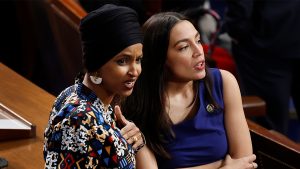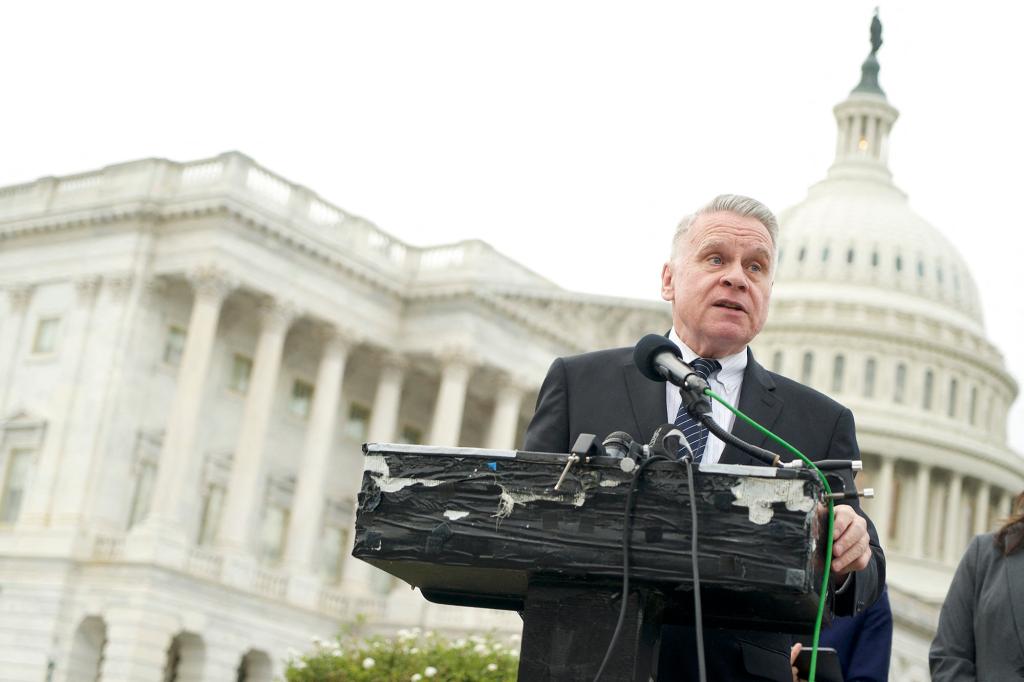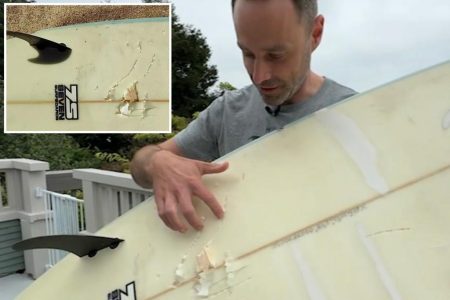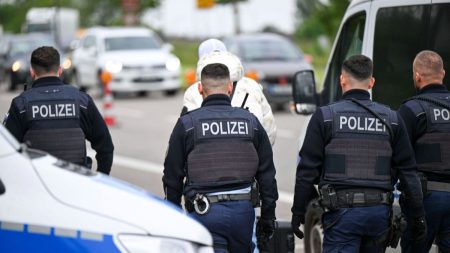The mysterious drone sightings over New Jersey and New York have sparked alarm and frustration, with Congressman Chris Smith leading the charge for answers and action. Since November 19th, nearly 1,000 drone sightings have been reported, leaving residents disturbed and officials perplexed. Smith, echoing President-elect Donald Trump’s sentiment, has publicly demanded that the Pentagon intervene and shoot down one of these unidentified aerial vehicles to determine their origin and purpose. He questioned the government’s inability to track the drones or offer a concrete explanation for their presence, highlighting the apparent vulnerability of American airspace. This uncertainty has fueled speculation and anxiety, with some fearing the drones could represent a sophisticated surveillance operation by a hostile foreign power.
Smith’s frustration stems not only from the lack of answers but also from the dismissive attitude of federal officials. He criticized Homeland Security Secretary Alejandro Mayorkas for downplaying the significance of the sightings, drawing a parallel to Mayorkas’ previous assurances about border security, which Smith believes were misleading. The congressman argues that dismissing the concerns of thousands of eyewitnesses, including a police officer and a Coast Guard crew, is irresponsible and fails to address the potential threat these drones may pose. The fact that these drones appear to be maneuvering in a sophisticated manner, seemingly entering from the Atlantic Ocean, further intensifies the concern. This has led Smith to speculate that the drones could be part of a reconnaissance mission by a powerful adversary, perhaps testing U.S. defense capabilities. He specifically mentioned Russia, China, Iran, and North Korea as potential culprits, given their known drone programs and potential motivations for probing American defenses.
The Congressman’s demands for action extend beyond simply identifying the drones. He has called for a robust response, urging the Pentagon to authorize the use of force to bring down one or more of these unmanned aircraft. Smith believes that understanding the technology and intentions behind these drones is crucial, especially in light of the evolving role of drone warfare in global conflicts. He cited the ongoing conflict between Ukraine and Russia, as well as conflicts in the Middle East, as examples of how drones have become game-changers in modern warfare. This, he argues, underscores the importance of taking the drone sightings seriously and not dismissing them as trivial or harmless. The potential implications for national security are too significant to ignore.
Furthermore, Smith is not relying solely on the Pentagon to address the issue. He has announced his intention to draft legislation empowering the New Jersey State Police to take a more proactive role in protecting citizens and infrastructure from potential drone threats. This proposed legislation would grant state law enforcement the authority to shoot down drones deemed dangerous or suspicious. This reflects Smith’s belief that a multi-pronged approach is necessary, involving both federal and state agencies, to effectively address the drone issue and safeguard national security. By empowering state police, he aims to create a more immediate and localized response capability, complementing the federal government’s efforts.
The core of Smith’s argument revolves around the principle of national security and the government’s responsibility to protect its citizens from potential threats. He views the drone sightings as a serious breach of American airspace and a potential precursor to more hostile actions. The lack of transparency and the seemingly dismissive attitude of federal officials have only exacerbated his concerns. He believes the government has a duty to thoroughly investigate these incidents and take decisive action to prevent future incursions. His call for shooting down a drone and his initiative to draft legislation are both driven by this conviction.
In essence, Congressman Smith’s demands reflect a growing concern about the potential vulnerabilities exposed by these unidentified drones. He argues that the government’s response has been inadequate and calls for a more proactive approach, including the use of force if necessary. His proposed legislation aims to empower state law enforcement to play a more active role in protecting against drone threats. Ultimately, Smith’s message is clear: the drone sightings cannot be ignored, and the government must take decisive action to protect American airspace and national security. The potential consequences of inaction, he argues, are too significant to risk.










